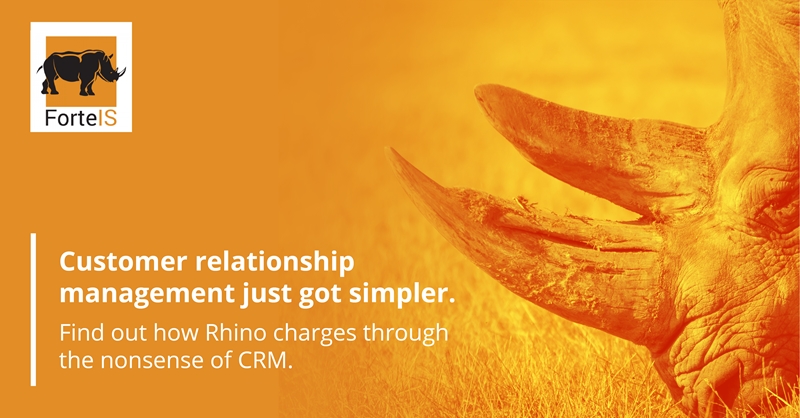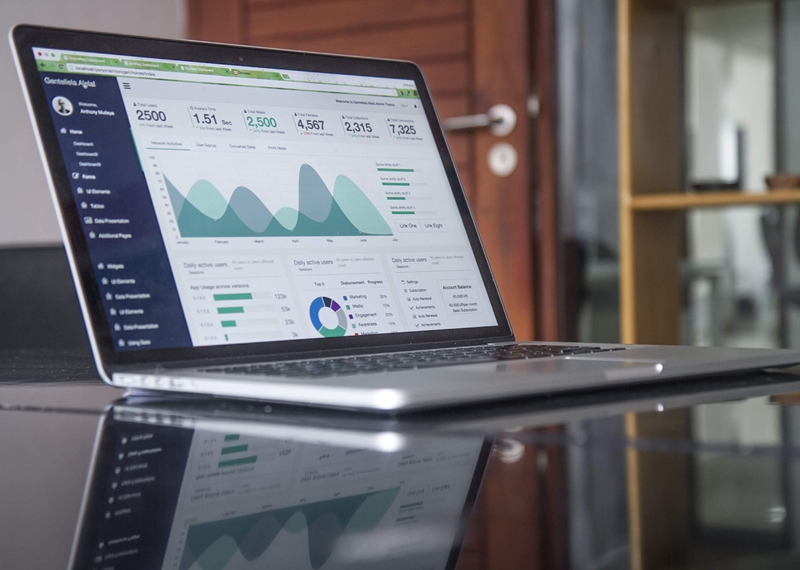Rhino: Supporting Sandhurst’s passion for fine food
Sandhurst Fine Foods was established in 1988, working with the nation’s largest wholesalers to bring high-quality food to Australians. But the enterprise’s passion for nourishing people goes a lot further back. Sandhurst owes much of its foodie heritage to its owners ancestry in regional Italy, where generation after generation poured their lives into working with the seasons to produce fresh food.
For many years Sandhurst ran its sales team and worked with client meetings in a traditional pen-and-paper system. Nothing wrong with the old-fashioned ways – but the business needed a more modern way to support sales and improved visibility in operations. That’s why they started with Rhino CRM 7 years ago, and haven’t looked back. We sat down with National Sales Manager Tony Fedele to discuss how the Rhino sales CRM has benefited Sandhurst.
Learning from the past, looking to the future
”The way we were working, with pen and paper, wasn’t competitive. It was easy to lose notes, forget details you covered in a previous meeting. Preparedness is key for success, and we just weren’t as prepared as we could have been,” says Tony.
 Sandhurst’s passion for good food needed a sophisticated sales CRM platform to match.
Sandhurst’s passion for good food needed a sophisticated sales CRM platform to match.
He was first introduced to Rhino CRM through a business contact and was very impressed with the software’s functionality and adaptability. After a few meetings and a product demo, Tony knew this was the right solution for Sandhurst.
”What really drew me to Rhino CRM was the customisation. We needed a specific set of functions – and ForteIS didn’t hesitate to tailor the platform to suit our needs,” Tony says.
At a time when the business was considering CRM solutions from a number of different suppliers, this adaptable scalability was the deciding factor – and Sandhurst has enjoyed the benefits of Rhino CRM in its day-to-day sales functions ever since.
What really drew me to Rhino sales CRM was the customisation.
The benefits of Rhino CRM
One benefit of adopting Rhino CRM is that Sandhurst’s sales contact history, meeting notes and product pricing information are all now stored in one location. This makes drawing the data you need during a sales conversation simpler. Additionally, Tony’s sales team can add notes and comments to meeting or sales reports to give future readers or senior management further context when breaking down data. Rhino CRM also makes it easier to assess individual sales people, check on their strengths, and find opportunities to improve performance.
”The modern sales landscape is getting tougher, so Rhino CRM is a real leg-up on our competitors,” says Tony. ”It has helped myself and the team greatly, but most importantly the platform has given us a better understanding of our market. Instant access to the information we need means fewer delays and more quality contact time with customers”.
An old-fashioned love affair with food strengthened by new technology – Rhino CRM couldn’t have made things any simpler. For help with getting more out of your sales team, contact the ForteIS team today for a free demo!





 The right CRM allows your sales people to plan and execute meaningful business calls.
The right CRM allows your sales people to plan and execute meaningful business calls. Get more relevant insights with customisable CRM reports.
Get more relevant insights with customisable CRM reports.
